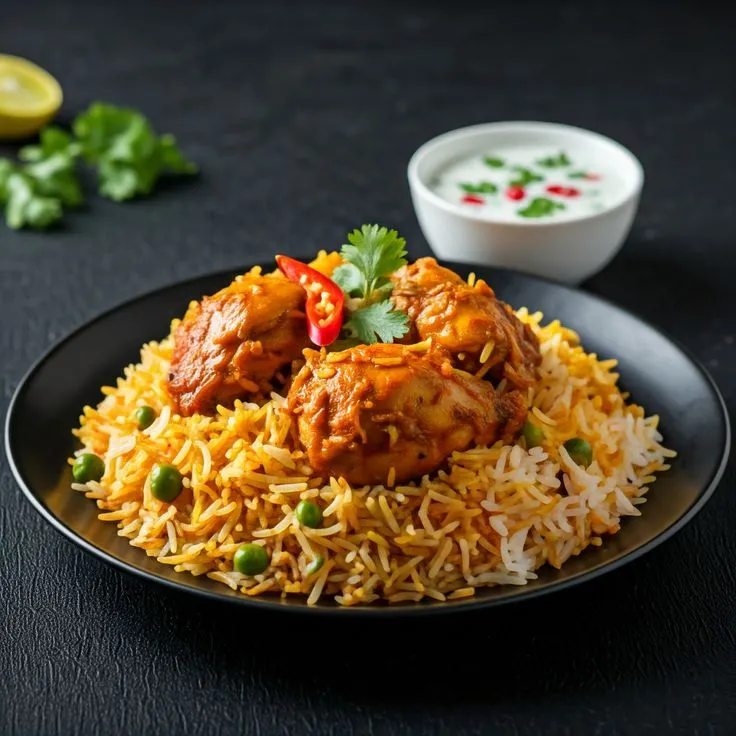That simple bag of rice in your pantry holds more culinary controversy than you might expect. The age-old practice of rinsing rice before cooking divides kitchens across the globe, with passionate advocates on both sides. In many Asian households, washing rice is as automatic as boiling water – a crucial step to remove excess starch that makes rice gummy. But open an American cookbook, and you might find no mention of rinsing at all.
Science tells us rinsing does more than just affect texture. That cloudy water running off your rice carries away surface starch, dust, and even potential contaminants from processing and packaging. For dishes where separate, distinct grains matter – like biryani or fried rice – rinsing can make all the difference. Yet nutritionists caution that enriched or parboiled rice may lose some added vitamins in the wash.
Cultural traditions weigh heavily in this decision. Grandmothers from Tokyo to Mumbai would shudder at unwashed rice, while busy parents might skip the step for convenience. Food safety-conscious families often rinse to minimize any potential bacteria, though the risk is generally low. Ultimately, the choice comes down to your priorities: tradition, texture, nutrition, or simply what tastes best to you.


